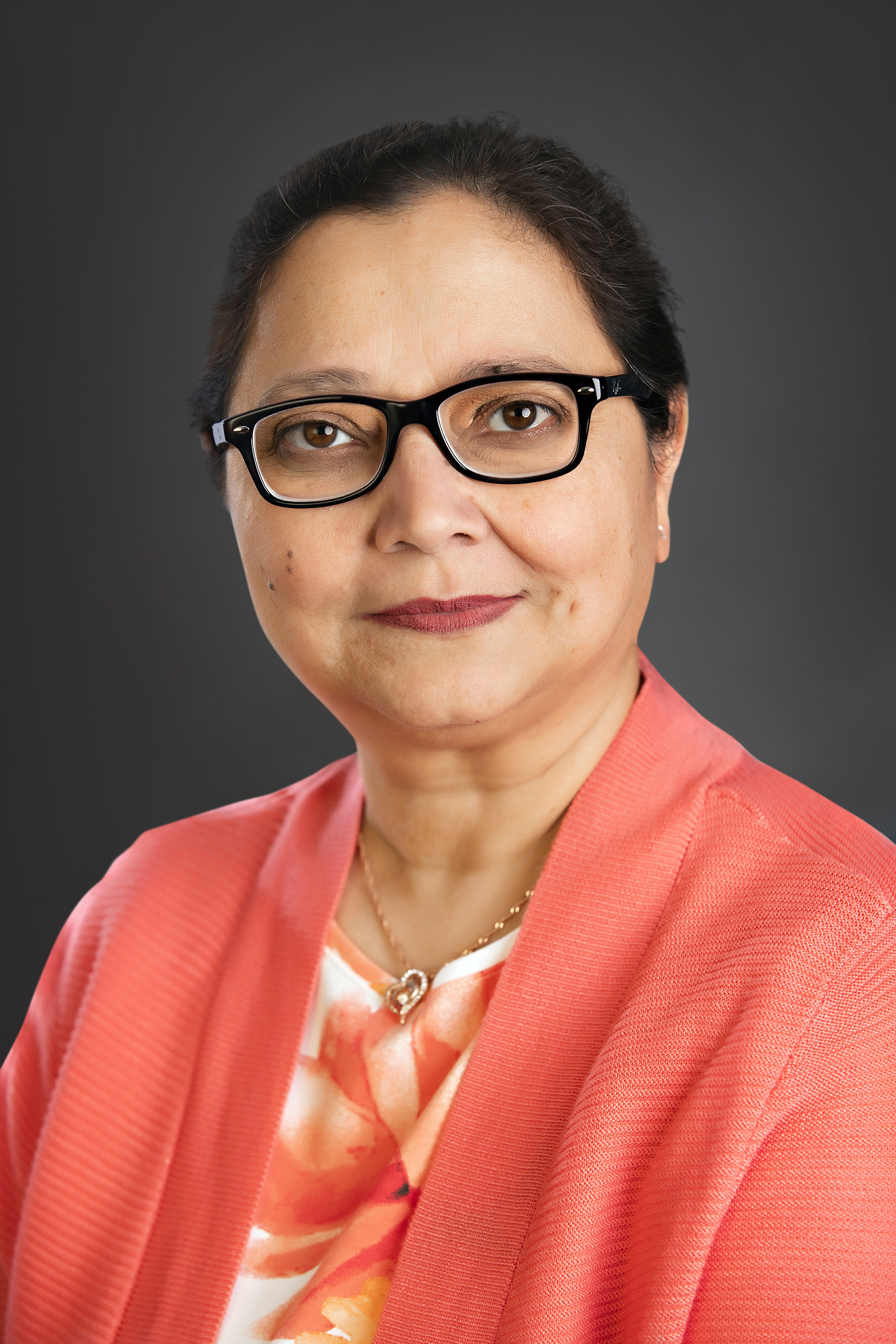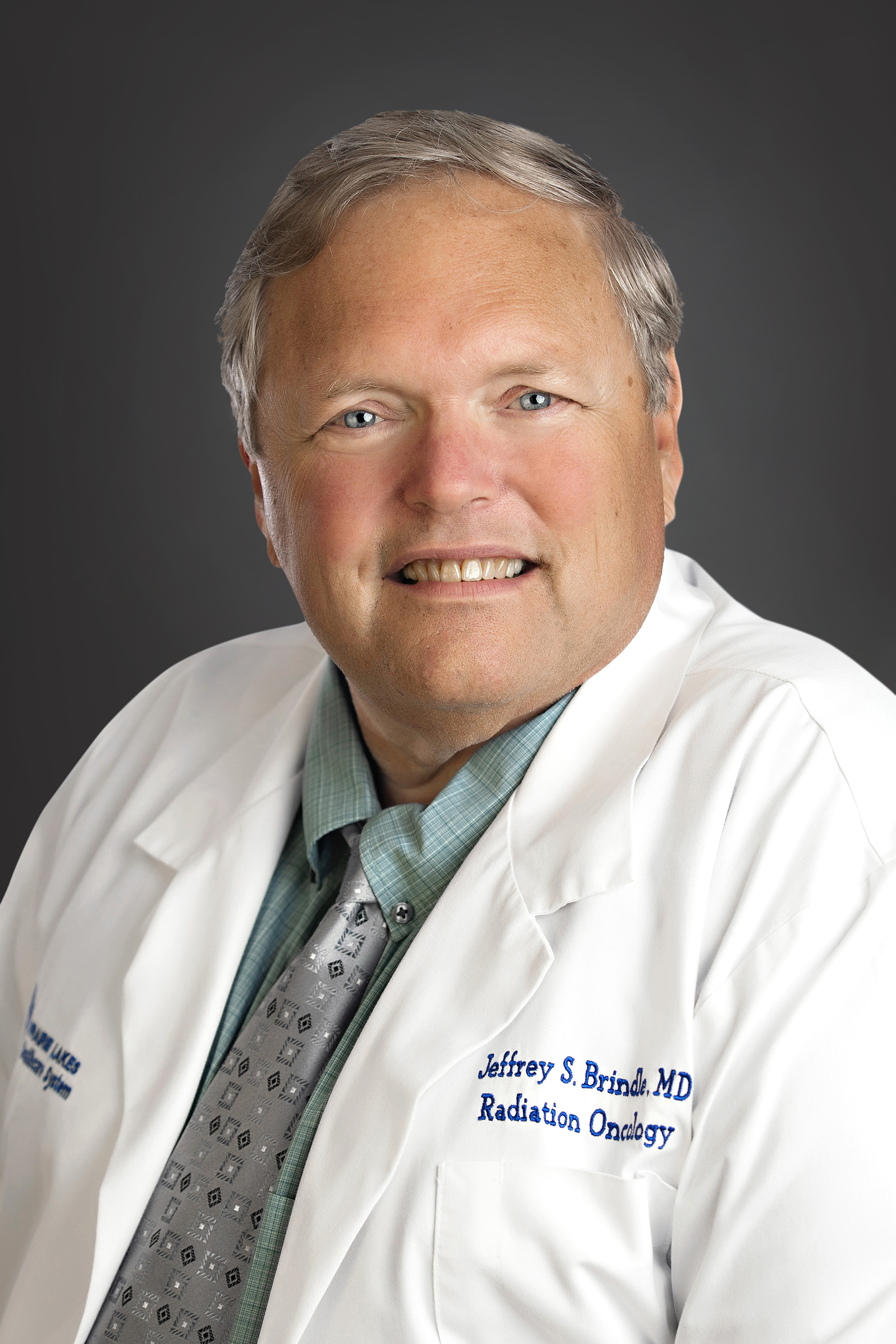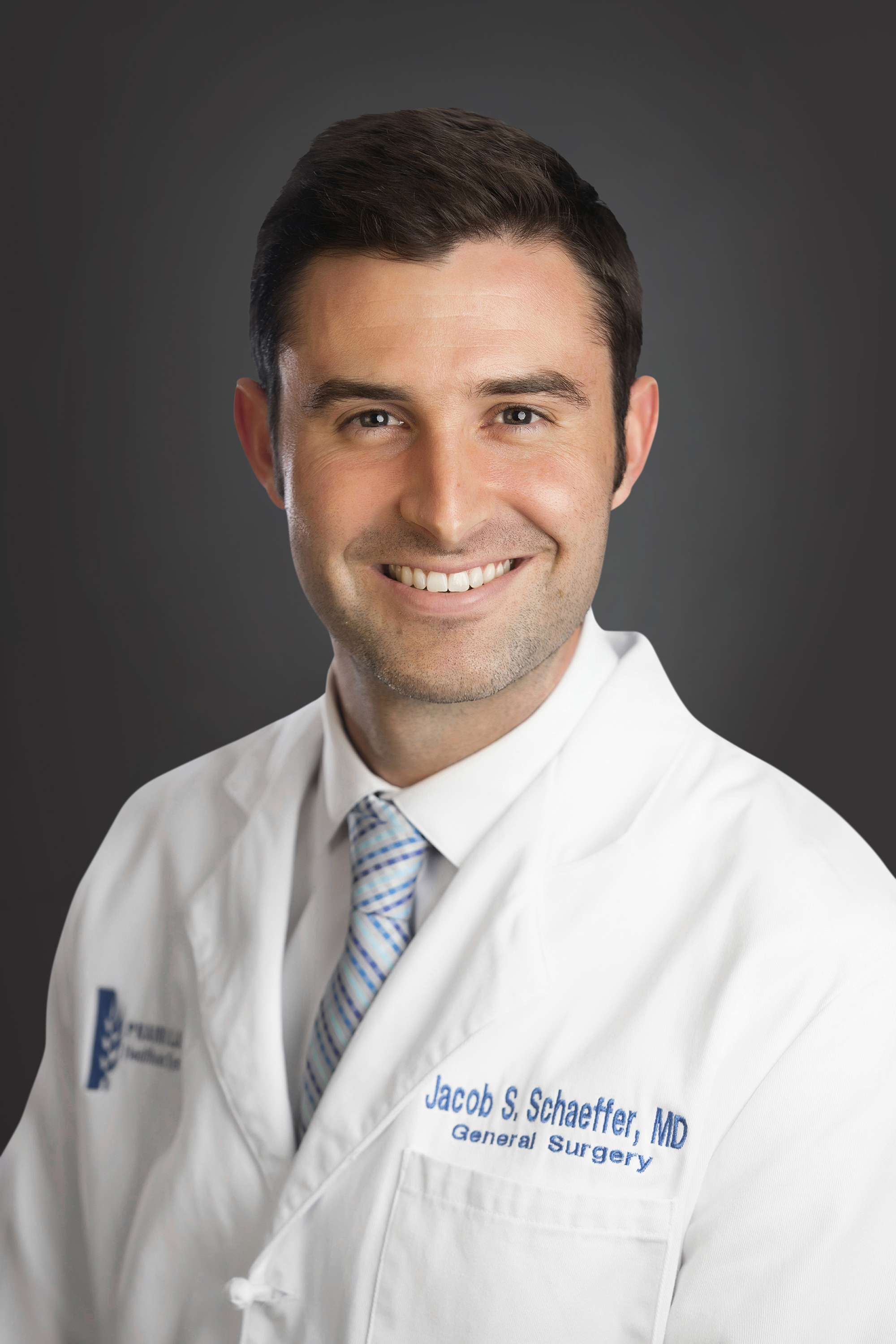Posting last reviewed and updated October 2021
According to the American Cancer Society, breast cancer is the most common cancer in American women, except for skin cancers. Currently, the average risk of a woman in the United States developing breast cancer sometime in her life is about 13%. This means there is a 1 in 8 chance she will develop breast cancer.
Physicians with Prairie Lakes Healthcare System personalize care. Meet Dr. Farah Haque, Dr. Jeffrey Brindle, and Dr. Jacob Schaeffer.
 Dr. Haque is an Anatomic and Clinical Pathologist in the lab.
Dr. Haque is an Anatomic and Clinical Pathologist in the lab.  Dr. Brindle is a Radiation Oncologist who cares for cancer patients needing radiation.
Dr. Brindle is a Radiation Oncologist who cares for cancer patients needing radiation. Dr. Schaeffer is a General Surgeon who helps diagnose breast cancer and collaborates with specialists in the treatment of breast cancer.
Dr. Schaeffer is a General Surgeon who helps diagnose breast cancer and collaborates with specialists in the treatment of breast cancer.
Question: Does breast cancer show up in blood tests?
Dr. Haque: At this point, there is no approved blood test that detects "breast cancer" in blood for screening. All that is out on the news is research and experimental. There are some markers that may be indicative of advanced breast cancer, but none of them are definitive either. Maybe in the future there will be one blood test available as science is advancing so far and fast these days.
Blood testing for BRCA-1 and BRCA-2 mutation analysis can be used as predictors in families with Breast and Ovarian cancer syndrome.
According to the American Cancer Society(ACS), the best screening test for detection of breast cancer is mammography and has screening guidelines for women at average risk of breast cancer (starting at age 40), and for those at high risk for breast cancer (starting at age 30).
Clinical breast exams and breast self-exams are additional tools. Women should be familiar with how their breasts normally look and feel and should report any changes to a health care provider right away.
The goal of screening tests for breast cancer is to find it before it causes symptoms (like a lump that can be felt). Breast cancers found during screening exams are more likely to be smaller and still confined to the breast. The size of breast cancer and how far it has spread are some of the most important factors in predicting the prognosis (outlook) of a woman with this disease.
Question: What is the most common stage of breast cancer?
Dr. Haque: Stage IA. The tumor is small, invasive, and has not spread to the lymph nodes (T1, N0, M0). Sixty-two percent (62%) of women with breast cancer are diagnosed with this stage.
Question: Is radiation for breast cancer painful?
Dr. Brindle: Breast cancer radiation is not painful, but if there is a brisk skin reaction, then some pain may be present. However during treatment there is no pain.
Question: What questions should I ask my breast surgeon?
Dr. Schaeffer: A breast cancer diagnosis is a very intimidating time for people. Knowing what questions to ask is difficult and many people forget what they wanted to ask while in the clinic. I recommend bringing along a support person to the clinic appointment. In addition, I would bring something to write on with some questions already written down. This will also help you recall the answers later. He suggests:
- What type of breast cancer do I have?
- Has the cancer spread to my lymph nodes or other organs?
- What stage is the cancer and what does that mean?
- What tests will I need prior to surgery?
- What types of surgical options are there?
- What are the risks of surgery?
- Will I be asleep for surgery?
- Can I have reconstruction?
- What is lymphedema?